Lord Edgware Dies
Interesting book, this one. I last read Lord Edgware dies about 10 years ago. And yet it had stayed surprisingly clear in my memory - to the extent that I knew from the beginning who the murderer was, and how it was done. Written in 1933, this is a fairly early outing for Poirot. This time round I read the novel in the 2007 facsimile edition, and I would be very interested in comparing it to the paperback editions from the 1970s-'80s, which was when I started to read Agatha Christie, and from which most of my Christie paperbacks date.
Although Christie started writing in the '20s, there's a real timelessness to her novels, and although you're vaguely aware that they are set in an earlier period, you'd be hard-pressed generally to date the novels from their internal evidence. However unlike other Christies, Lord Edgware is a real period piece. It's undoubtedly set in the 1930's with everything from the language, the fashion, and cultural references pointing to the period. I'd be very interested to know if this is because it is atypical, or if other Christie's were actually heavily edited later in the century to produce the timeless quaity. Intriguing.
Lord Edgware dies is a very clever mystery, with an unusually unpleasant, completely amoral murderer, who is all the creepier for their seeming beauty. Many of Christie's murderers have some redeeming quality - they did it for love, or in revenge, or under grave stress, but this particular murderer is completely ruthless, and a real challenge for Poirot.
A little dated in the language, it nevertheless has real charm as a period piece, and as a mystery and character study is a powerful piece of writing. Memorable and well-written, I think this is possibly one of the best of Christie's police procedural type novels.
Although Christie started writing in the '20s, there's a real timelessness to her novels, and although you're vaguely aware that they are set in an earlier period, you'd be hard-pressed generally to date the novels from their internal evidence. However unlike other Christies, Lord Edgware is a real period piece. It's undoubtedly set in the 1930's with everything from the language, the fashion, and cultural references pointing to the period. I'd be very interested to know if this is because it is atypical, or if other Christie's were actually heavily edited later in the century to produce the timeless quaity. Intriguing.
Lord Edgware dies is a very clever mystery, with an unusually unpleasant, completely amoral murderer, who is all the creepier for their seeming beauty. Many of Christie's murderers have some redeeming quality - they did it for love, or in revenge, or under grave stress, but this particular murderer is completely ruthless, and a real challenge for Poirot.
A little dated in the language, it nevertheless has real charm as a period piece, and as a mystery and character study is a powerful piece of writing. Memorable and well-written, I think this is possibly one of the best of Christie's police procedural type novels.


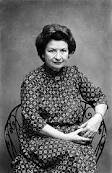


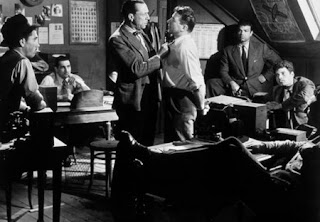
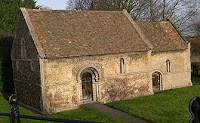
.jpeg)

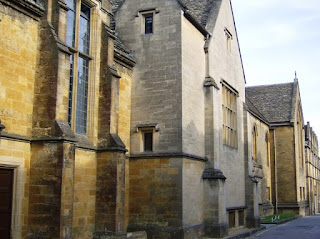
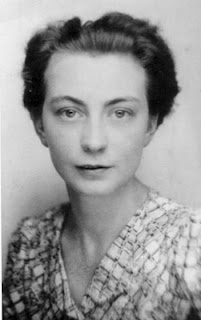
Comments